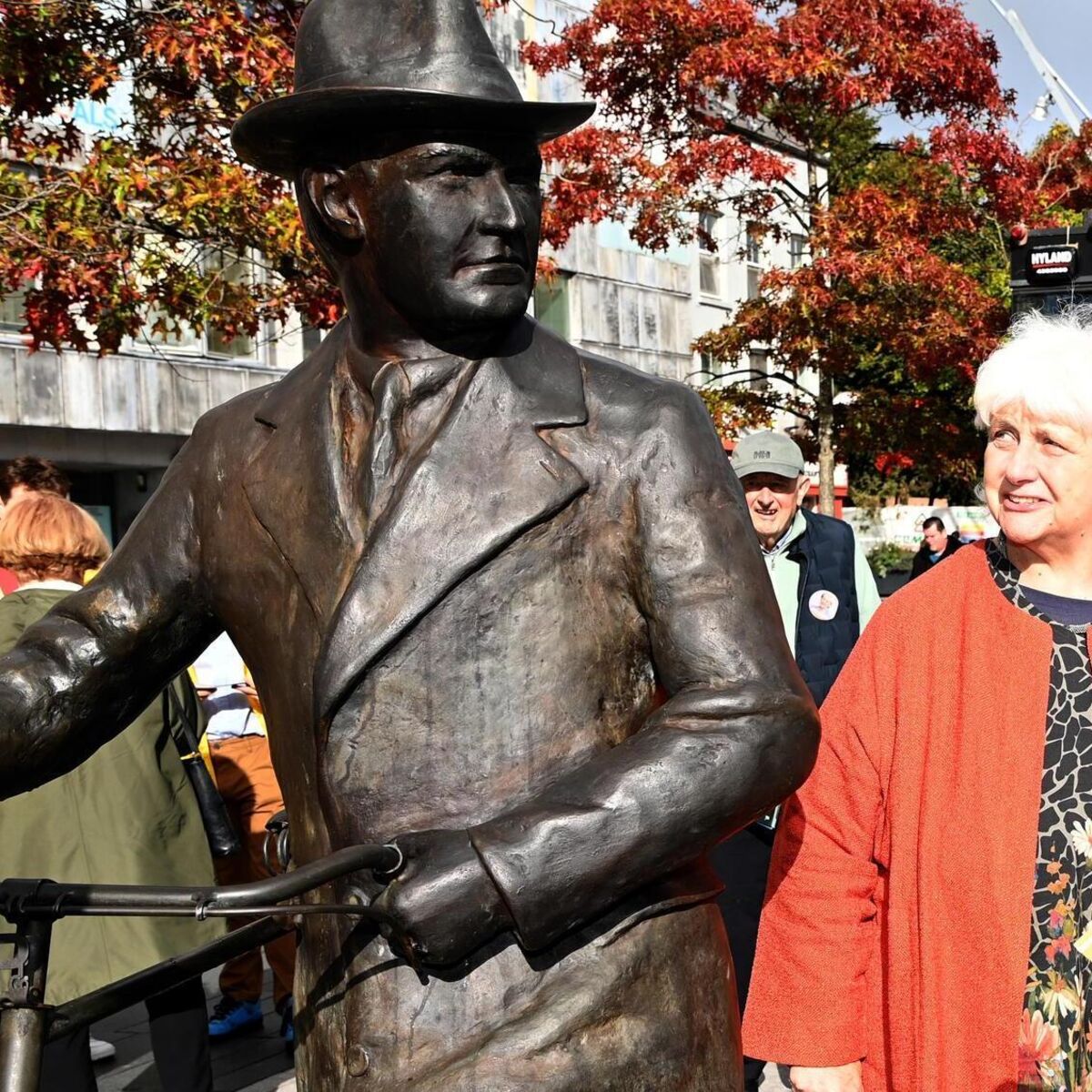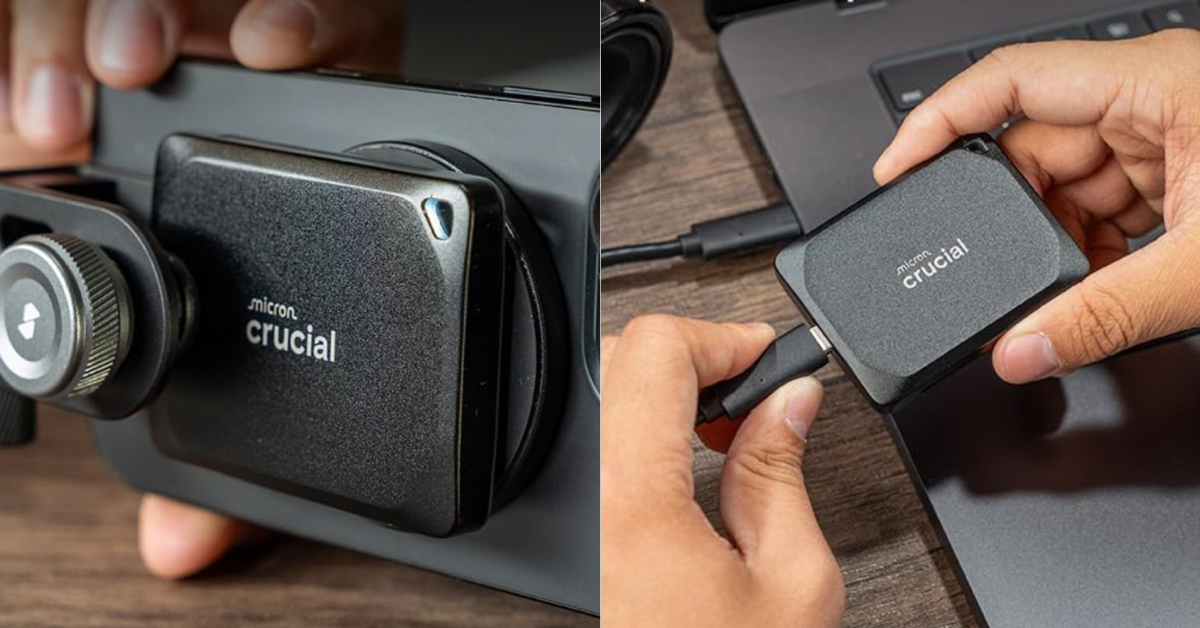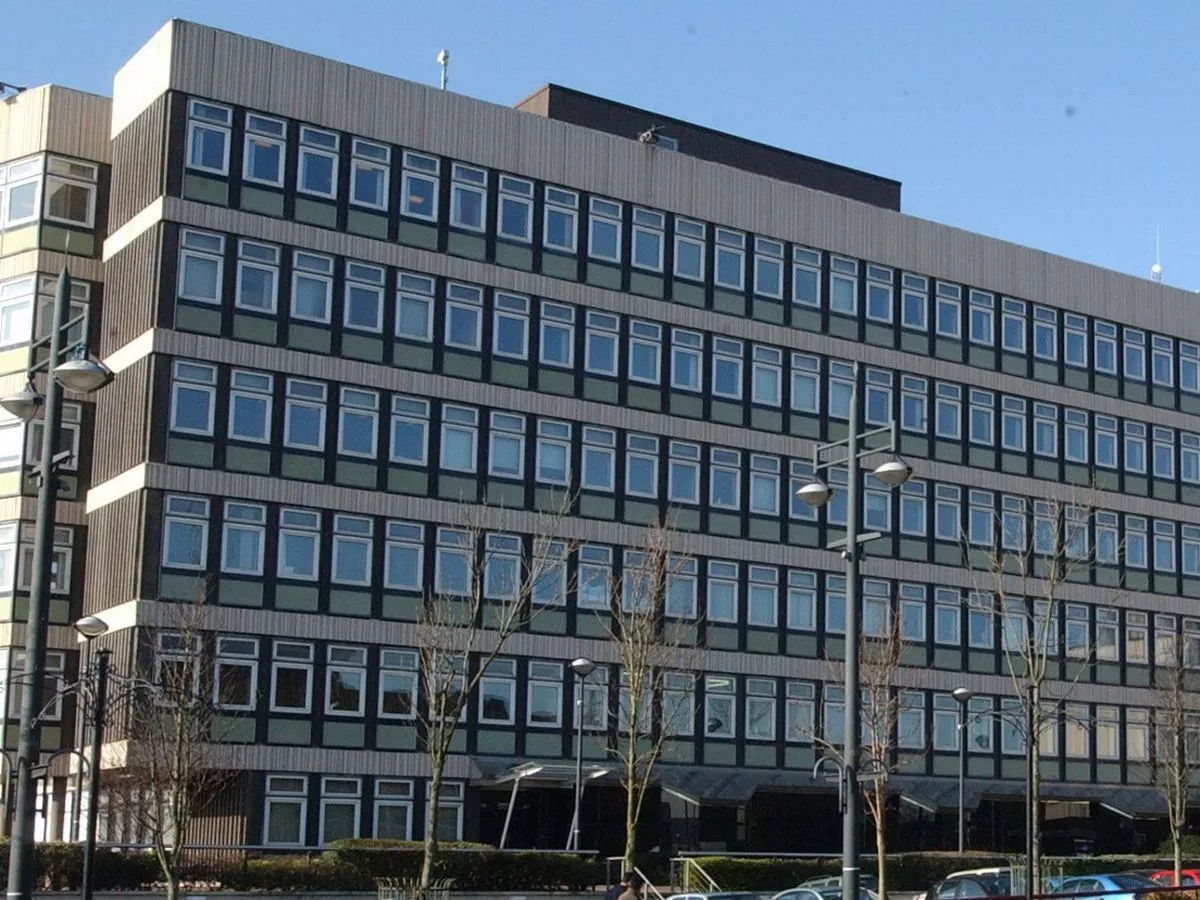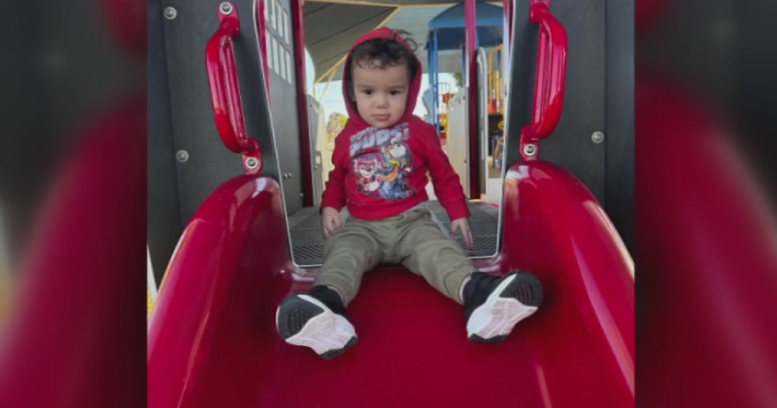By Donal O’keeffe,EchoLive.ie
Copyright echolive

One of the first times Heather Humphreys came to Cork was in the 1980s, driving down from Dublin with her great friend, Douglas native Eileen Crowley.
She remembers that they got a puncture by the Curragh, making such fritters of the tyre that she was told in a Cork garage: “Girl, you need to go to Singers Corner”.
“And I says to my friend, where’s Singers Corner? ‘Oh,’ she says, ‘Singers Corner is where they make the sewing machines. You’d need a sewing machine to put that tyre back together’.”
Four decades and many trips to Cork later, the Fine Gael presidential candidate was canvassing on Leeside at the weekend, starting with a meeting with members of Ballincollig Tidy Towns at the Castle West Plaza.
She sat down for an interview with The Echo outside Starbucks, and our talk was regularly interrupted by members of the public coming over to shake her hand and wish her well.
The last time she met Ballincollig Tidy Towns was when they won Ireland’s Tidiest Town in 2024, she said. “That’s something that my presidency is going to be about, it’s going to be about community, and it’s going to be about visiting communities like this and saying thank you to volunteers.”
Ms Humphreys comes across as a warm and empathetic person, but there are flashes of steel there too, as became apparent when she was asked about the controversial 2023 green paper on disability reform.
Born Heather Maud Stewart in 1963 to a Presbyterian family in Drum, Co Monaghan, she was co-opted onto Monaghan County Council in 2003 and was later elected to Dáil Éireann in 2011. Last year, she decided not to seek re-election, but earlier this month, after the shock departure of Mairéad McGuinness from the presidential race, she became her party’s candidate to replace President Higgins.
In 2014, Ms Humphreys became the first person from an Ulster Protestant background to serve as Cabinet minister since Cumann na nGaedheal finance minister Ernest Blythe.
In 1923, Blythe took a shilling off the old age pension, an original sin which was raised in 1982 when Cumann na nGaedheal’s successor Fine Gael attempted to introduce Vat on children’s shoes.
A century after Blythe’s shilling, Ms Humphreys, then minister for social protection, published a 47-page document outlining plans to reform how benefits are paid to people with disabilities.
The green paper on disability reform sought public feedback for its proposal to create a three-tiered system for disability payments, but following protests and intense criticism from disability activists, it was scrapped in April, 2024.
I asked Ms Humphreys whether Fine Gael has, in the words of People Before Profit’s Paul Murphy, a “fundamentally Victorian view of the deserving and undeserving poor”.
She rejected the assertion, saying: “My record on disability, in fact, my record as a social protection minister, has been to increase payments right across the board in successive budgets.”
She cited as achievements the introduction of pension auto-enrolment, pay-related unemployment benefits, the Access to Work scheme, and the extension of free travel passes to those medically unfit to drive.
On disabilities, in addition to increasing payments, she said, she also made once-off lump sum payments, “particularly for those on the disability payment, they got an extra lump sum payment over and above”.
The green paper, she said, came on foot of the 2021 Indecon Cost of Disability report which put the cost of having a profound disability in Ireland at up to €12,000 per annum.
“What I wanted to do was have a discussion around this to see how we could support people better who have profound disabilities, because they do deserve more money, there’s no doubt about that.”
The green paper was “purely a discussion document”, she said. “I met with various different groups, and they weren’t happy with it, and that’s the bottom line, and I withdrew it.
“It was never, ever about cutting payments. It was about trying to find a way to increase payments for those people who had extra costs because of their profound disability.”
Independent candidate Catherine Connolly has expressed disappointment that there won’t be an ‘as Gaeilge’ presidential debate as Ms Humphreys and Fianna Fáil’s Jim Gavin lack fluent Irish. However, Ireland has a third official language. Does Ms Humphreys have any Irish Sign Language?
“I can do a little teeny bit, and I have made an effort to use some sign language,” she said.
“In terms of the Irish language, I learned Irish the same as everybody else, and I do speak a little, tá cúpla focal agam, and any opportunity I get to use Irish, I do.
“Like a lot of people, when I left school, I didn’t use the Irish. I stopped. And if you don’t use it, you lose it,” she said, adding a commitment that, if elected president of Ireland, she will, “like Mary McAleese did”, become fluent in Irish.
The triple lock on the deployment of more than 12 Irish Defence Forces peacekeepers overseas, which requires UN approval, a decision by Government and a vote in the Dáil, meant, she said, that the permanent members of the UN Security Council decide foreign policy.
“If the opportunity [arises], and I hope it does arise, where we could send peacekeepers to Ukraine, well, it would be unusual that Russia could tell us that we couldn’t because of the third lock on that regarding needing UN permission,” she said.
“My personal view is that I don’t want Russia and China having a say in what we do with our peacekeeping forces.”
United Ireland
On the question of a United Ireland, she said it was something she believed in “absolutely, based on the Good Friday Agreement”.
“I want to reach out the hand of friendship to nationalists in Northern Ireland, to unionists in Northern Ireland, and I want to help to bring people together, to unify people, so that we can work towards and we can become a united country and a United Ireland.”
Finally, Jim Gavin has said that, if elected, he will call out the Government if he disagrees with its direction. Would Heather Humphreys?
“The most important role of the President is to protect the Constitution and to work within the Constitution and respect the Constitution.
“I will always speak out for the people. If I see things are wrong, I will certainly speak up on their behalf and speak up on behalf of those that are marginalised and where I see injustices, I will speak up,” she said.
“I am a straight talker. I always have been, and I have never, ever been afraid to speak up for anybody.”



